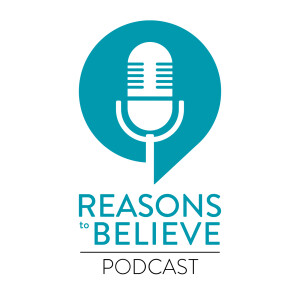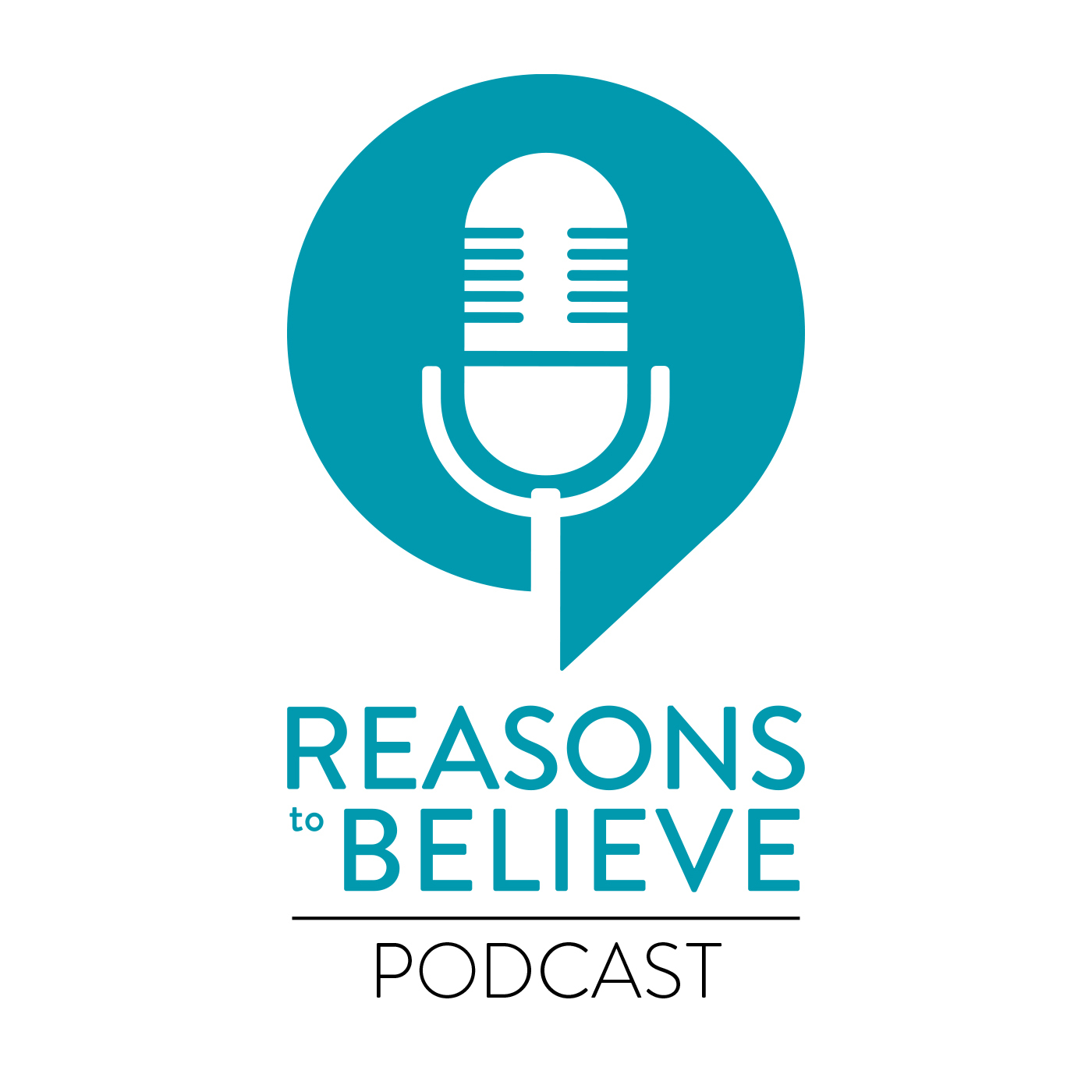Episodes

Friday Nov 01, 2024
Exciting New Chapter for RTB Podcasts!
Friday Nov 01, 2024
Friday Nov 01, 2024
Our podcast is evolving into two distinct shows—"Clear Thinking" and "Stars, Cells, and God!" It has the same great content, now with a fresh look.
You can checkout our new Reasons to Believe podcast channel HERE!
Thank you to all our faithful listeners! We’re excited to bring you even more inspiring and thoughtful conversations as we continue revealing God through science.
For listeners on Spotify, you can find our shows here: [Clear Thinking] and [Stars, Cells, and God].
Stay tuned for more updates, and join us as we dive deeper into meaningful discussions science and the Christian faith!
Version: 20241125

